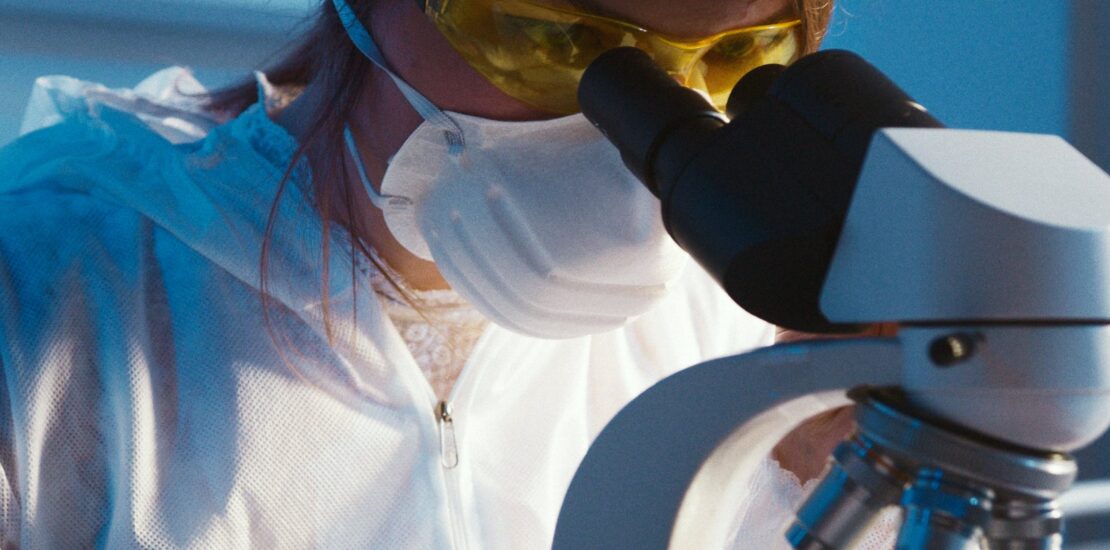- November 12, 2023
- Posted by: DBS
- Category: Business

Setting up a medical clinic in Dubai can be a complex process, but with the right guidance and support, it can be a rewarding venture. In this comprehensive guide, we will walk you through the essential steps and considerations involved in establishing a medical clinic in Dubai. From understanding the business setup options, navigating the legal and regulatory requirements, to obtaining necessary approvals and licenses, our aim is to equip you with the knowledge and resources needed to successfully set up your own medical clinic in Dubai. Whether you are a local entrepreneur or an international investor, this guide will provide valuable insights into the process and help you make informed decisions for your healthcare business in Dubai.
Requirements for Setting Up a Medical Clinic in Dubai
Setting up a medical clinic in Dubai requires adherence to various requirements and regulations to ensure the delivery of quality healthcare services. This article will provide a comprehensive guide on the necessary steps and considerations for establishing a medical clinic in Dubai.

Dubai Healthcare City Authority (DHCA) Approval
The first requirement in setting up a medical clinic in Dubai is obtaining approval from the Dubai Healthcare City Authority (DHCA). DHCA is the governing body responsible for regulating healthcare services within Dubai Healthcare City (DHCC). Understanding DHCA’s requirements and following the application process is crucial to obtain the necessary approval.
To apply for DHCA approval, you need to submit the necessary documentation, including proof of ownership or tenancy agreement, facility design plans, equipment list, and operating policies and procedures. After the submission, DHCA assesses the application to ensure compliance with their regulations. Once approved, you can proceed with the next steps of setting up your medical clinic.
Healthcare Facility License
Obtaining a healthcare facility license is another crucial step in setting up a medical clinic in Dubai. There are different types of healthcare licenses, depending on the services your clinic will provide. These include general medical clinic licenses, dental clinic licenses, and specialized clinic licenses.
To obtain a healthcare facility license, you need to fulfill specific criteria set by the Dubai Health Authority (DHA). These criteria may include having qualified medical staff, appropriate infrastructure, and necessary equipment. The application process involves submitting relevant documents, such as a clinic business plan, proof of ownership or tenancy agreement, and staff qualifications.
Once your application is submitted, the DHA evaluates your clinic’s compliance with their requirements. If approved, you will receive your healthcare facility license, enabling you to legally operate your medical clinic in Dubai. It is important to note that healthcare facility licenses need to be renewed periodically to ensure continued compliance with regulations.

Insurance Coverage
A critical aspect of setting up a medical clinic in Dubai includes obtaining the necessary insurance coverage. Medical malpractice insurance is an important consideration to protect your clinic and medical staff from potential lawsuits resulting from professional negligence. Employee health insurance to cover medical expenses for your staff is also required by law.
Additionally, liability insurance is essential to provide financial protection in case of accidents or damages occurring within your clinic premises. When choosing an insurance provider, it is crucial to consider their reputation, coverage options, and pricing to ensure adequate protection for your medical clinic.
Qualified Medical Staff
Having qualified medical staff is essential for the successful operation of a medical clinic in Dubai. This includes doctors, nurses, technicians, and administrative personnel. When hiring medical professionals, it is vital to conduct thorough credential checks and ensure they possess the necessary licensing and qualifications.
Continuing education should also be provided to medical staff to enhance their skills and keep them updated with the latest medical advancements. This can be achieved through participation in conferences, workshops, and training programs. Regular performance evaluations and competence assessments should be conducted to maintain the highest standards of medical care.

Physical Space and Infrastructure
Choosing the right location for your medical clinic is crucial for success. Consider factors such as accessibility, visibility, and proximity to residential areas. Based on your clinic’s requirements, you can decide whether to lease or buy a property. Ensure that the chosen space meets the necessary infrastructure requirements, such as plumbing, electrical systems, and ventilation.
Space planning and design are vital to optimize patient flow, privacy, and comfort. Consult with professional architects and designers to create a functional and aesthetically pleasing clinic environment. Adequate parking space and facilities for people with disabilities should also be incorporated into the clinic’s design.
Equipment and Technology
Identifying the required medical equipment and ensuring quality and safety standards is a crucial step in setting up a medical clinic in Dubai. Conduct a thorough assessment of your clinic’s needs and acquire equipment from reputable suppliers. Calibration and regular maintenance of medical equipment are essential to ensure accurate diagnosis and treatment.
Implementing healthcare technology, such as electronic medical records (EMR) systems and telemedicine solutions, can enhance efficiency and patient care. Prioritize cybersecurity measures to safeguard sensitive patient information stored on digital platforms.
Legal Documents and Registrations
To legally establish a medical clinic in Dubai, several legal documents and registrations need to be completed. These include obtaining a trade license, drafting a memorandum of association (MOA) outlining the clinic’s structure and operations, and executing a shareholder agreement if multiple partners are involved.
Consider trademark registration for your clinic’s name and logo to protect your brand identity. Contracts and agreements with suppliers, service providers, and staff should also be drafted to ensure smooth operations and legal compliance.
Obtaining Necessary Permits
Various permits are required to operate a medical clinic in Dubai. A building permit is necessary to ensure compliance with construction and safety regulations. Health authorities’ approvals, including those from the DHA and DHCA, are required to demonstrate adherence to healthcare standards.
Environmental permits may be required to ensure compliance with waste management and environmental regulations. Additionally, if your clinic handles pharmaceuticals or controlled substances, obtaining permits from the appropriate regulatory bodies is essential.
Setting Up Safety and Security Measures
Ensuring safety and security within your medical clinic is of utmost importance. Implement measures such as fire safety systems, emergency exits, and first aid kits to protect patients, staff, and visitors. Adequate security measures, including CCTV cameras and access control systems, should be in place to safeguard against unauthorized access and maintain patient privacy.
Regular safety and security audits should be conducted to identify and address any vulnerabilities or compliance issues. Staff should be trained on emergency response procedures to handle unexpected situations efficiently.
Staff Training and Development
Investing in staff training and development is vital for the continuous improvement of your medical clinic. Conduct a training needs assessment to identify areas for skill enhancement. Provide medical education opportunities, such as conferences and workshops, to keep your staff updated with the latest advancements in their respective fields.
Continuing professional development programs can help staff maintain their competency and meet licensing requirements. Maintain comprehensive records of staff training and competence to ensure regulatory compliance and provide evidence of ongoing professional development.
In conclusion, setting up a medical clinic in Dubai requires careful consideration and adherence to various requirements. By obtaining the necessary approvals, licenses, insurance coverage, and permits, hiring qualified medical staff, ensuring suitable physical space and infrastructure, acquiring the right equipment and technology, completing legal documents and registrations, implementing safety and security measures, and prioritizing staff training and development, you can establish a successful medical clinic that delivers quality healthcare services in Dubai.

